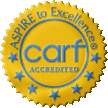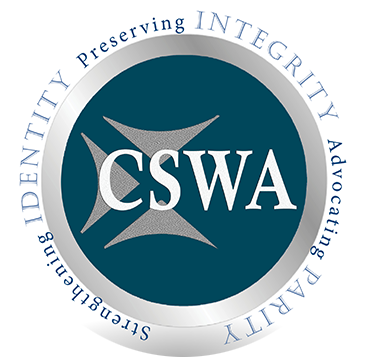SAP Evaluation for Department of Transportation Employers
SAP Services
Substance Abuse Services
 Are You At Risk For A $10,000 Per Day Fine?
Are You At Risk For A $10,000 Per Day Fine? By Dr. Sidney H. Grossberg, Ph.D., SAP
Executive Director, Counseling Associates
Board Certified Diplomate in Clinical Social Work
Do you employ drivers who operate vehicles covered by the Department of Transportation's federal regulations?
Are you any of the following?
- School system
- University
- Contractor
- Asphalt or cement pavers
- Retailer (like Macy's®)
- Tree company
- Utility operator
- Excavator
- Hauler
If so, then you may be mandated to give random drug and alcohol tests to your employees. This is especially true if any of them drive a commercial motor vehicle. If you don't follow these rules, your company can be subject to fines of approximately $10,000 PER DAY FOR EACH DAY you do not follow the federal regulations.
The employer is responsible for developing and distributing a complete company policy that fulfills these regulations. Employers must do all of the following:
- Train supervisors
- Educate employees
- Conduct the required tests
- Provide names of qualified Substance Abuse Professionals (to whom you must refer employees who have failed the tests)
- Keep and maintain records
- Cooperate in any DOT audit or report submission when requested
Testing is required at random, for pre-employment, after accidents occur, for reasonable suspicion of substance use, and for return to work. There are very specific and complex rules for how this testing is to be done, although the regulations themselves vary slightly among the following organizations:
- Federal Motor Carriers Safety Administration
- Federal Railroad Administration
- Federal Transit Administration
- Federal Aviation Administration
- United States Coast Guard
- Pipeline and Hazardous Materials Safety Administration
Qualified Substance Abuse Professionals in Michigan
The Federal Motor Carriers Safety Administration covers drivers and mechanics, as well as management-level drivers who need a Commercial Driver's License (CDL) and who drive a Commercial Motor Vehicle (CMV). It covers all employees who are full-time, regularly employed, casual, intermittent, occasional or leased drivers. It also covers independent owner-contractors who are employed by or under lease to an employer, or who operate a CMV at the direction, or with the consent, of an employer.
The types of motor vehicles covered by the Federal Motor Carriers Safety Administration include any vehicle, or combination of motor vehicles, used in commerce to transport passengers (such as those used by school systems, churches and universities) or property, if the vehicle has a gross rating of 26,001 or more pounds. This also includes vehicles designed to transport 16 or more persons (including the driver) or vehicles that require placarding because they carry hazardous materials.
If an employee fails one of the mandatory drug or alcohol tests, he or she must be referred to a substance abuse professional (SAP). The SAP conducts a face-to-face, in-depth evaluation. The SAP will provide a diagnosis and a plan of action. This plan may include treatment or recommendations for the employee to receive education about his or her situation. The employee must successfully comply with the plan before he or she is eligible for a follow-up evaluation with the SAP. The employee must complete the follow-up evaluation before being allowed to return (if the employer desires) to safety-sensitive functions.
Merely having a degree and certificates does not mean a counselor is qualified to serve as a substance abuse professional. An SAP must be licensed or certified in specific fields of health and substance abuse care. An SAP must be trained and qualified, and they must complete an examination that meets the current Department of Transportation requirements.
At this time, there are only a small number of such qualified professionals in Michigan. Remember, as an employer, the burden is on you to find and utilize such a professional. You must have the SAP’s documentation that they are qualified and trained for the current requirements. After all, it is you, the employer, who can be fined up to $10,000 a day if you do not comply.
Most employee assistance programs (EAPs) do not have a qualified SAP on their staff. There are stringent rules, requirements, and regulations to become an SAP. An SAP, for example, may not make referrals for treatment to himself or herself. The SAP cannot make a referral to a program in which they have a financial interest.
If you, as an employer, require an SAP or an employee assistance program, or if you need to find out more about these rules, please call Dr. Sid Grossberg at (248) 626-1500.















